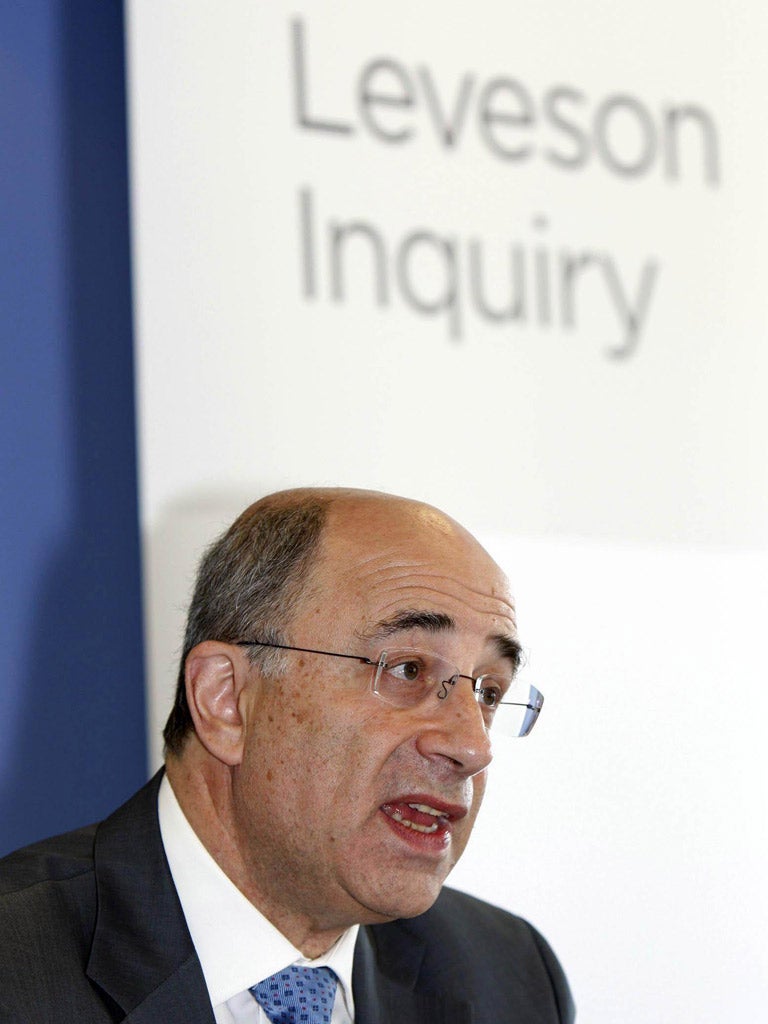Nick Clegg and Ed Miliband hold secret talks over Leveson
Party leaders plan to put pressure on Cameron not to water down inquiry’s recommendations

Nick Clegg and Ed Miliband have secretly discussed their approach to the Leveson inquiry on press standards in a move which could put pressure on David Cameron not to water down its recommendations.
Although the Deputy Prime Minister and Labour leader hope the three main parties agree a common response to the report, they know that Mr Cameron is already under intense pressure from the newspaper industry to oppose statutory regulation of the press.
MPs believe Lord Justice Leveson’s report, expected later this month, will give Mr Cameron a dilemma by proposing some form of statutory underpinning for a new regulatory system following the phone hacking controversy.
Some Conservative ministers, including the Education Secretary, Michael Gove, a close ally of Mr Cameron, and the Communities Secretary, Eric Pickles, have already spoken out against statutory control, echoing fears that it would undermine Britain’s free press. But other Conservatives believe it would be a disastrous own goal to try to water down the Leveson proposals. Yesterday, 42 Tory MPs and two peers launched a pre-emptive strike against such a move by warning that newspapers’ own proposals for tougher self-regulation could be “an unstable model destined to fail”.
While their response will depend on the detailed Leveson blueprint, both Mr Clegg and Mr Miliband are prepared to back a law bringing in limited regulation if that is what the inquiry recommends.
Senior Labour figures say Mr Miliband’s goal is cross-party agreement on a new system of press regulation that is “built to last”. They insist Labour will not “play politics” on the issue but are worried that Mr Cameron may be tempted to delay or shelve proposals in an attempt to appease Tory-supporting newspapers.
One Tory insider said: “Cameron is already being lobbied ferociously by the industry. The pressure is immense. The Lib Dems and Labour broadly agree, but the barrier to a consensus is the Michael Gove tendency.”
